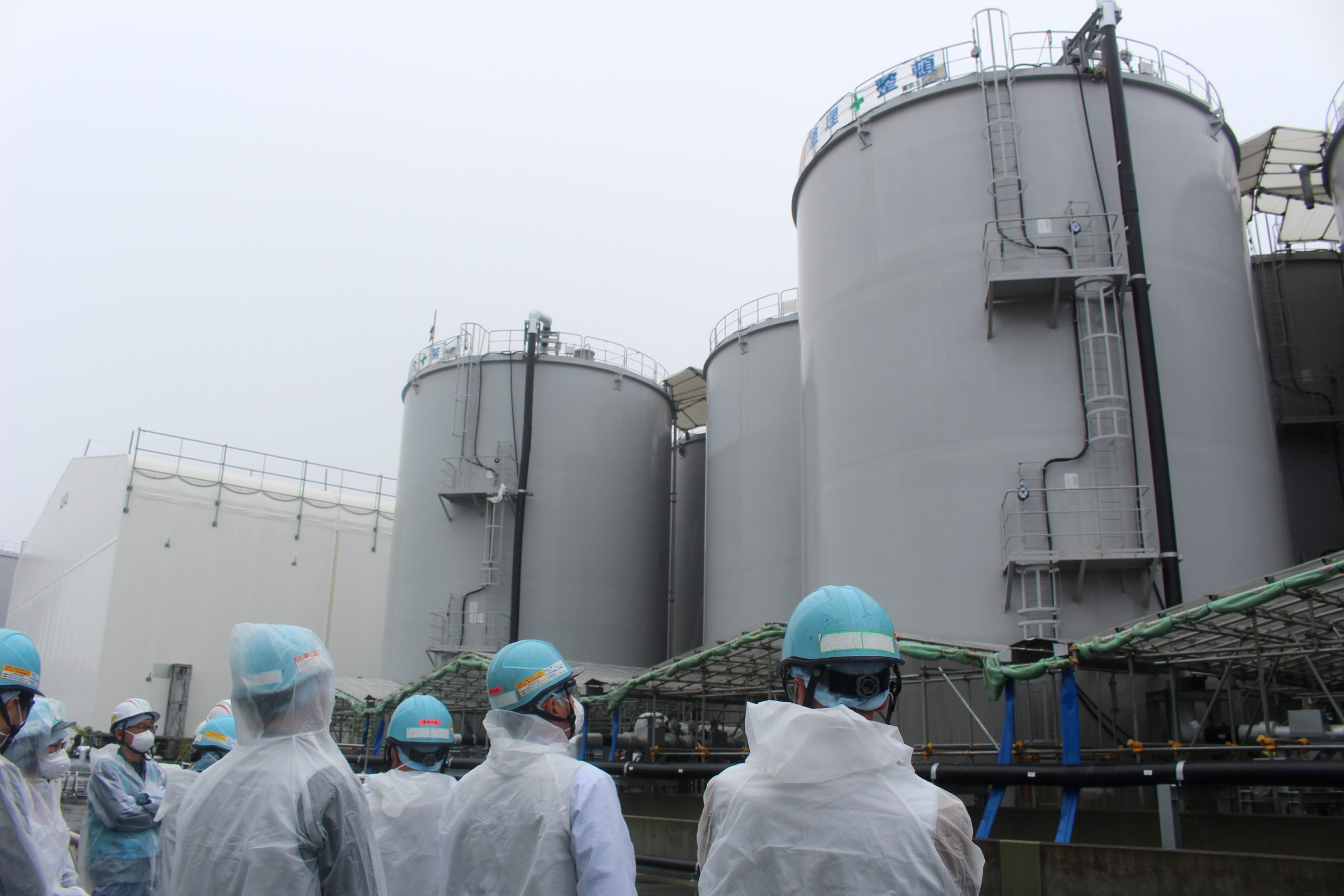China urged the International Atomic Energy Agency (IAEA) on Wednesday not to endorse Japan’s plan to discharge polluted radioactive water from the destroyed Fukushima Daiichi nuclear power plant into the Pacific Ocean, and demanded that Tokyo handle the wastewater situation in a “transparent and safe way”.
Foreign Ministry spokeswoman Mao Ning made the remarks following a report in foreign media that Japan had made political donations of over euros1 million (US$1.1 million) to the agency over the planned release of the wastewater. Tokyo denied the report last week.
Japanese Prime Minister Fumio Kishida is scheduled to meet with IAEA Director-General Rafael Grossi on 04 July in Tokyo.
The Japanese government has a responsibility to give a credible explanation and the public also needs a response from the IAEA Secretariat, Mao said during a daily news briefing.
The media report has increased the world’s concern over Japan’s discharge of contaminated water into the ocean, Mao said, adding that people have every reason to question the impartiality and objectivity of the final review report of the IAEA Task Force.
“We hope that the IAEA Secretariat will act in an objective, professional and just manner, fully respect and adopt the views of experts of all parties in the Task Force and present a review report that can withstand the test of science and history, instead of endorsing Japan’s discharge plan,” she said.
Mao emphasised that discharging contaminated water into the ocean is by no means Japan’s domestic affair and concerns the common interests of the international community.
Japan should seek a science-based, safe and transparent way to handle the contaminated water, and subject itself to rigorous international oversight, she added.
Leaders from multiple Pacific Island countries are urging Japan to store or dump its “nuclear waste” in the country instead of discharging it into the ocean, said Henry Puna, secretary-general of the Pacific Islands Forum, in a statement on Monday.
Japan’s plan to dump treated radioactive water into the Pacific Ocean “is not merely a nuclear safety issue. It is rather a nuclear legacy issue, an ocean, fisheries, environment, biodiversity, climate change and health issue, with the future of our children and future generations at stake”, the statement added.
Meanwhile, the head of the Fukushima fisheries federation has again expressed opposition to the plan to release radioactive water from the crippled Fukushima Daiichi nuclear plant into the sea.
During a meeting on Tuesday with the plant’s operator Tokyo Electric Power Company (TEPCO), Tetsu Nozaki said the government and TEPCO had told the prefectural fisheries federation eight years ago that they would not dispose of the wastewater without gaining the understanding of the parties involved, the public broadcaster NHK reported.
Nozaki said he takes it seriously that the government and TEPCO have repeatedly provided explanations about the discharge plan, but the fishers have not endorsed it, according to NHK.
TEPCO completed the construction of the system to release nuclear wastewater from the facility into the sea on Monday. The Nuclear Regulation Authority (NRA) is due to start inspecting the system from Wednesday, the report said.
If the NRA gives the green light, the system will be ready for the discharge operation, which TEPCO plans to begin around this summer, it said.
SOURCE: CHINA DAILY/PACNEWS














